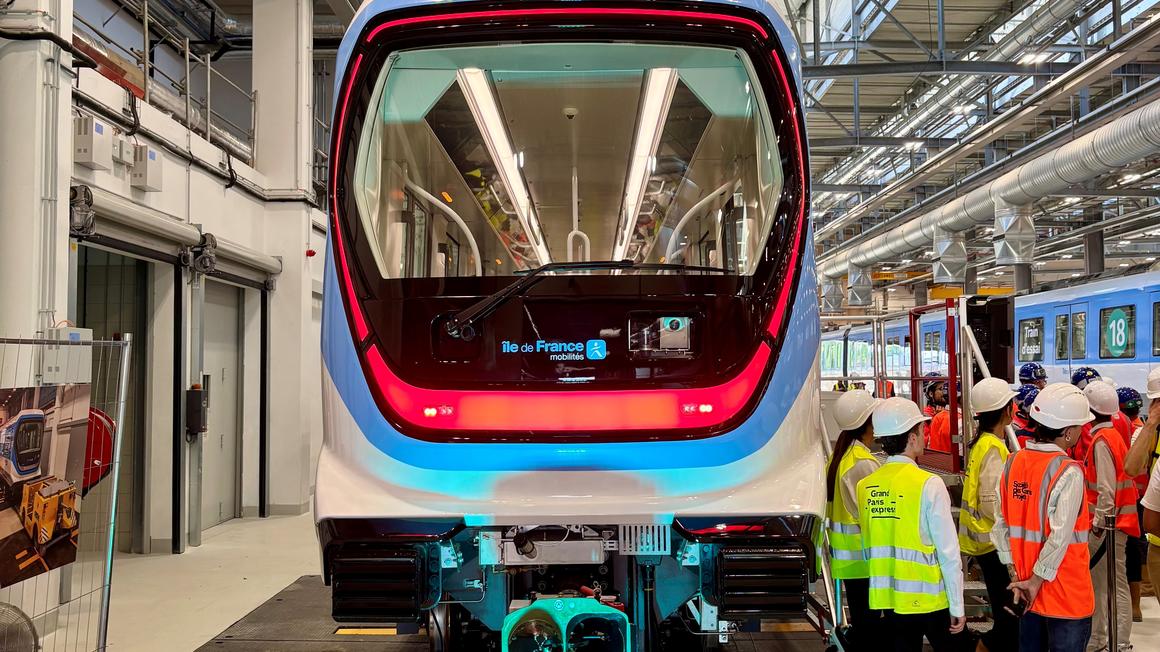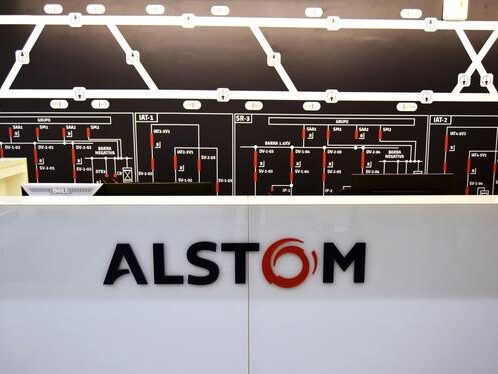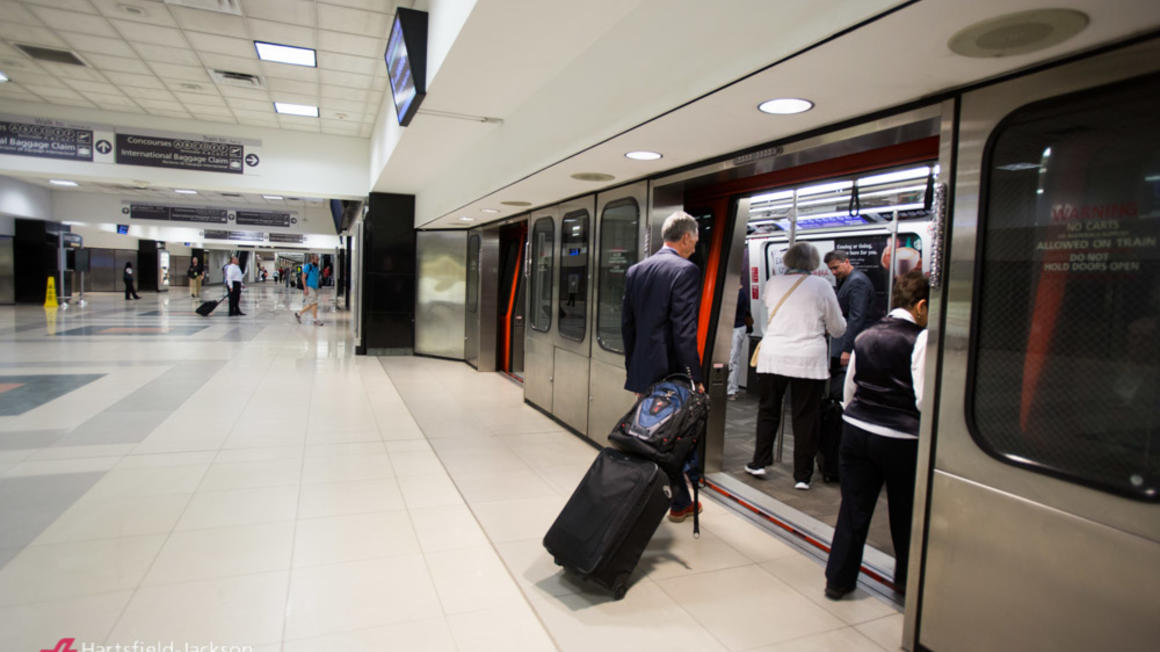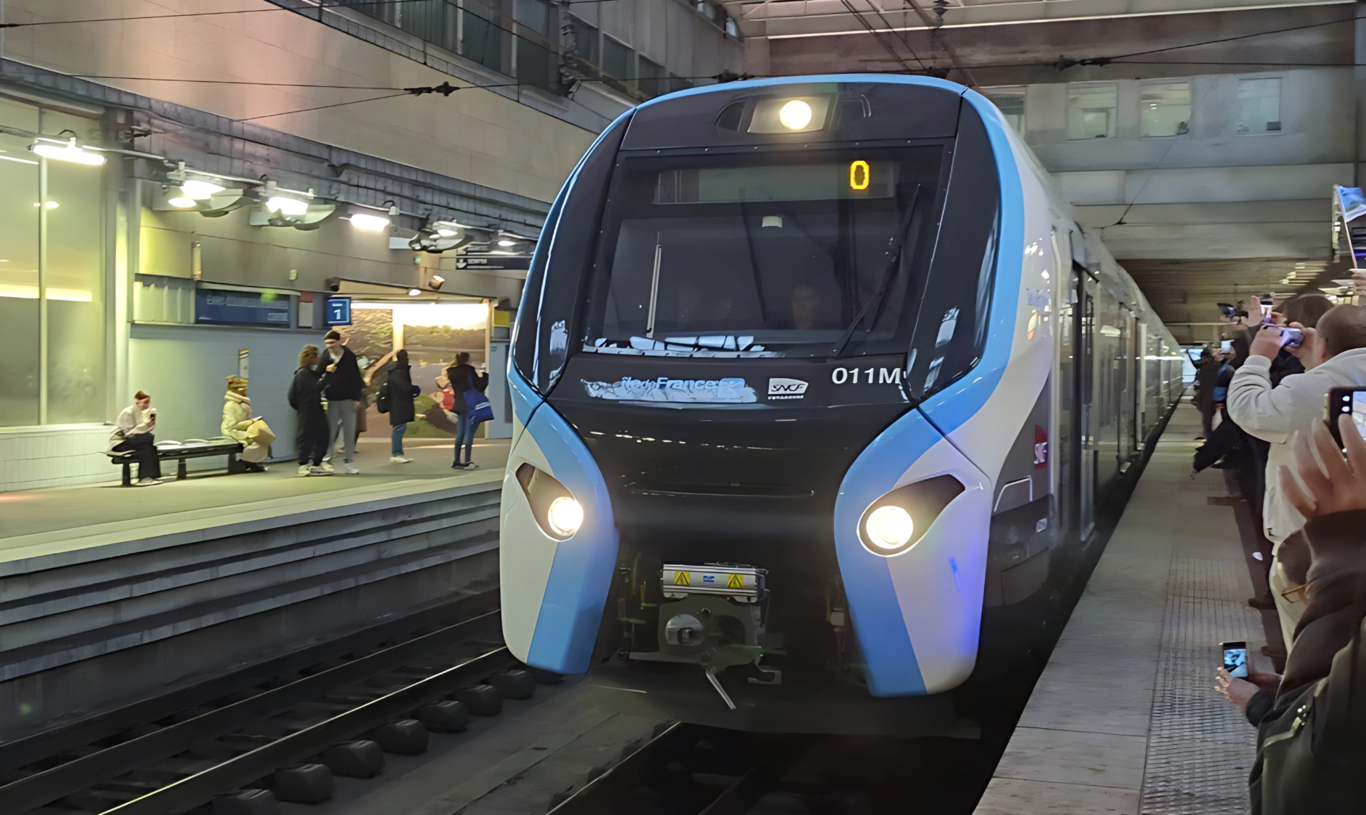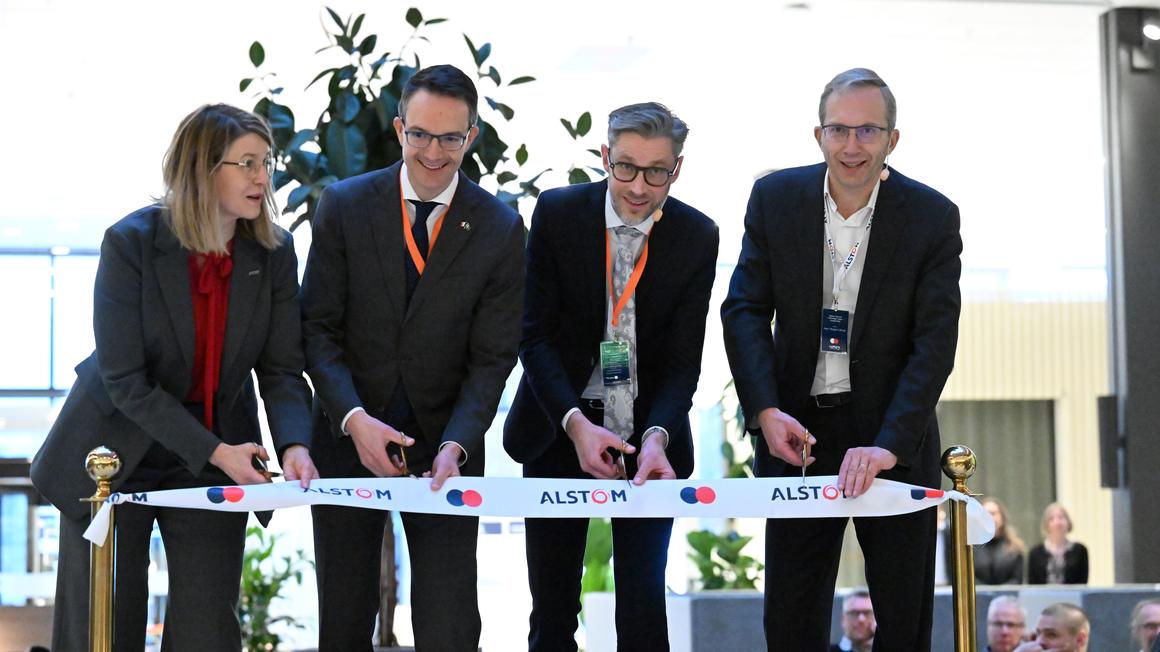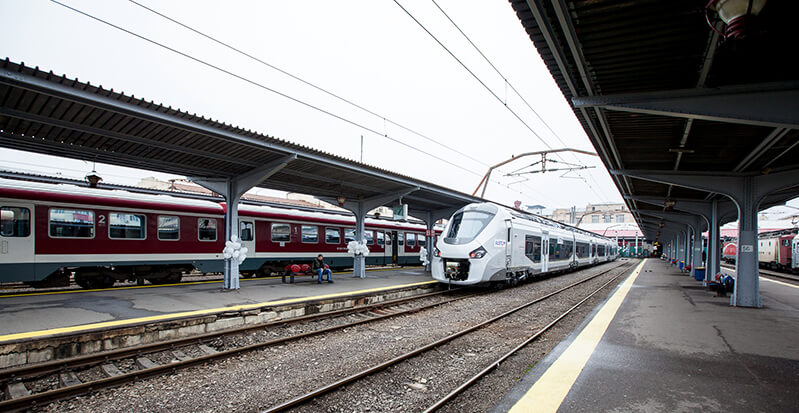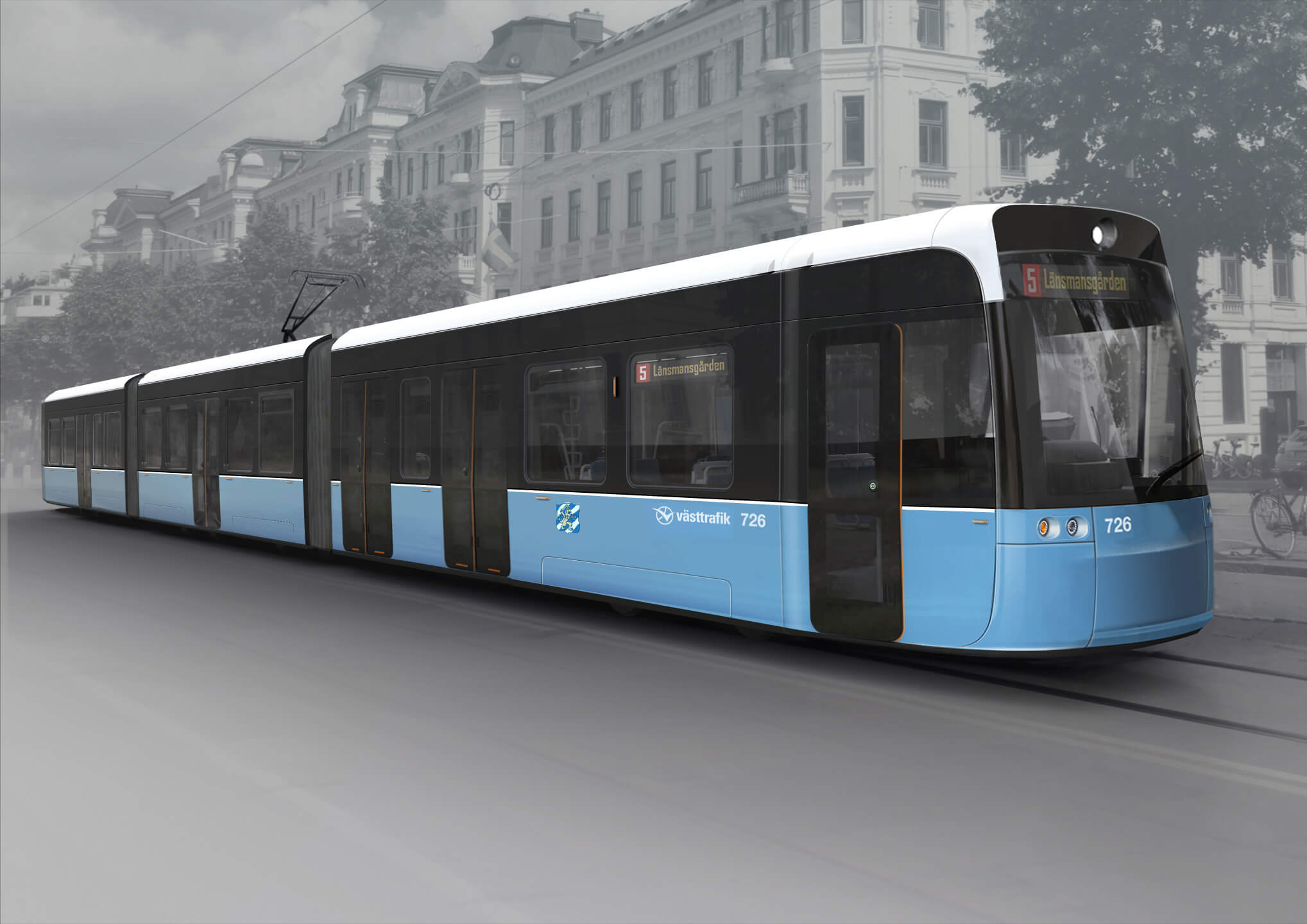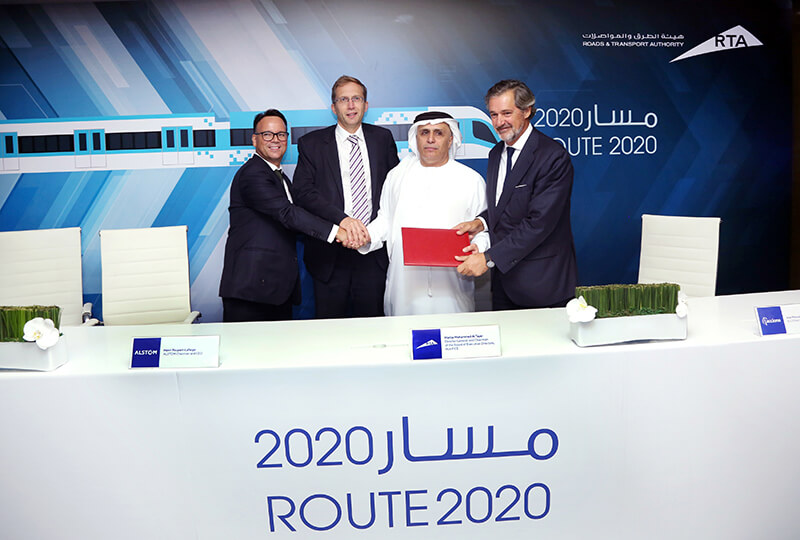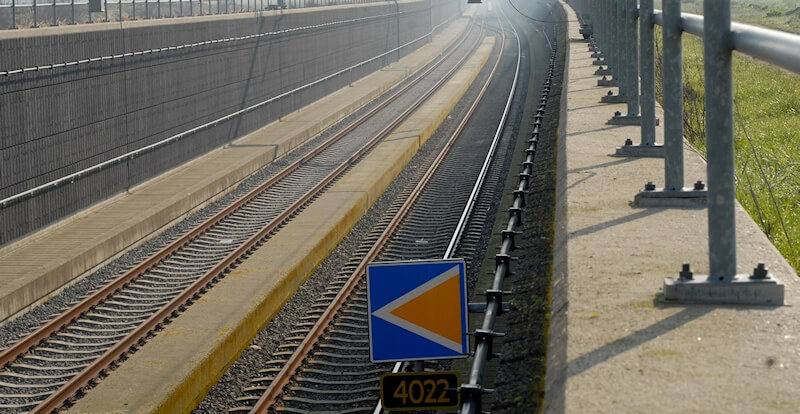Alstom and Carbone 4, a leading consulting company specialised in climate-resilient and low-carbon strategy presented today the results of a study demonstrating that tramways have a smaller footprint than Bus Rapid Transit (BRT) systems. This occurred in the lead up to COP22 that will be held in Marrakech, Morocco, in which Alstom participates.
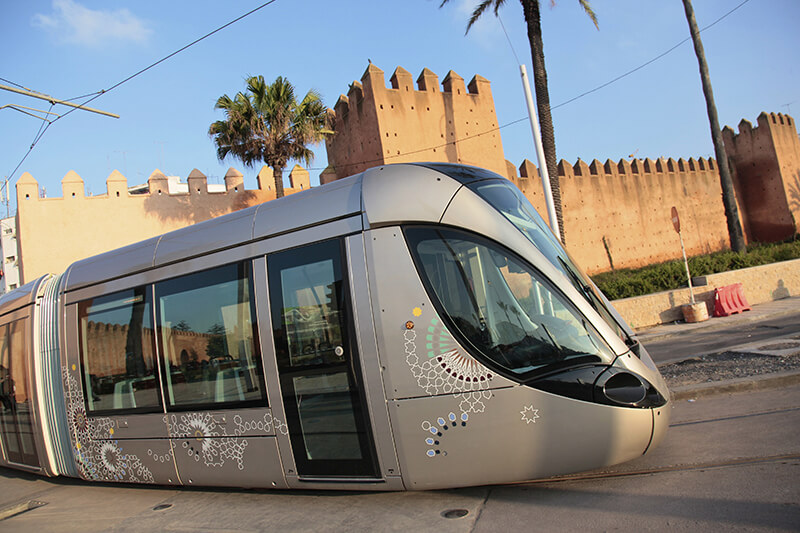
With global urban transport emissions expected to double to nearly 1 billion tonnes of CO2 equivalent per year by 2025, favouring transport modes with the lowest carbon footprints is crucial. Rail can be a key contributor in the fight to reduce greenhouse gases (GHGs) and reach the target set at COP21 in 2015 to keep global warming below 2°C.
The tram, for example, has been identified as one of the greenest urban transport modes due to its low environmental impact when in operation. The study conducted by Alstom and Carbone 4 compares the carbon footprint of tramways and BRT systems, enabling a better understanding of their comparative performance over the entire lifecycle including construction, operation and maintenance of the two systems. An analysis conducted on a typical 10 km line operated in Belgium demonstrated that for equivalent transport capacity, over a 30-year lifetime, a tramway system emits about half as much CO2 as a BRT system operated with diesel buses, and about 30% less CO2 than a BRT system operated with hybrid buses.
Julien Blanc, associate director of Carbone 4, declared:
“Reducing greenhouse gas emissions from transportation is both a key issue and an exciting challenge. It should be achieved through relevant urban planning, energy efficiency, clean energy and of course modal shift. Tramways are of course part of the solution and these infrastructures will benefit from all the improvements in cleaning the electricity mix.”
Cécile Texier, Sustainable Development Director at Alstom, said:
“At Alstom, we are constantly working to promote sustainable mobility, striving to reduce the operational cost from energy for the benefit of our customers and committed to reducing the carbon footprint of transport. The survey conducted with Carbone 4 illustrates that rail systems have a lower carbon footprint that other motorised modes. It also shows that optimised system like Attractis, an innovative integrated tramway system that is simpler to operate and cost-effective, can significantly reduce CO2 emissions from the construction phase.”
Alstom contributes to the visibility of transportation issues and the promotion of sustainable transport in international negotiations on climate change through its support of the Paris Process on Mobility and Climate (PPMC). Alstom will participate in the PPMC’s Transport Day on 13 November at COP22 in Morocco where its Citadis trams have been adopted by Casablanca and Rabat since 2011. In Rabat, up to 120,000 people travel every day aboard the trams, a great success which has led the city to decide to extend the network. Studies have shown that two tramway lines should lead to a CO2 emissions reduction of about 30,000 tonnes per year.
For the original article, please click here.


